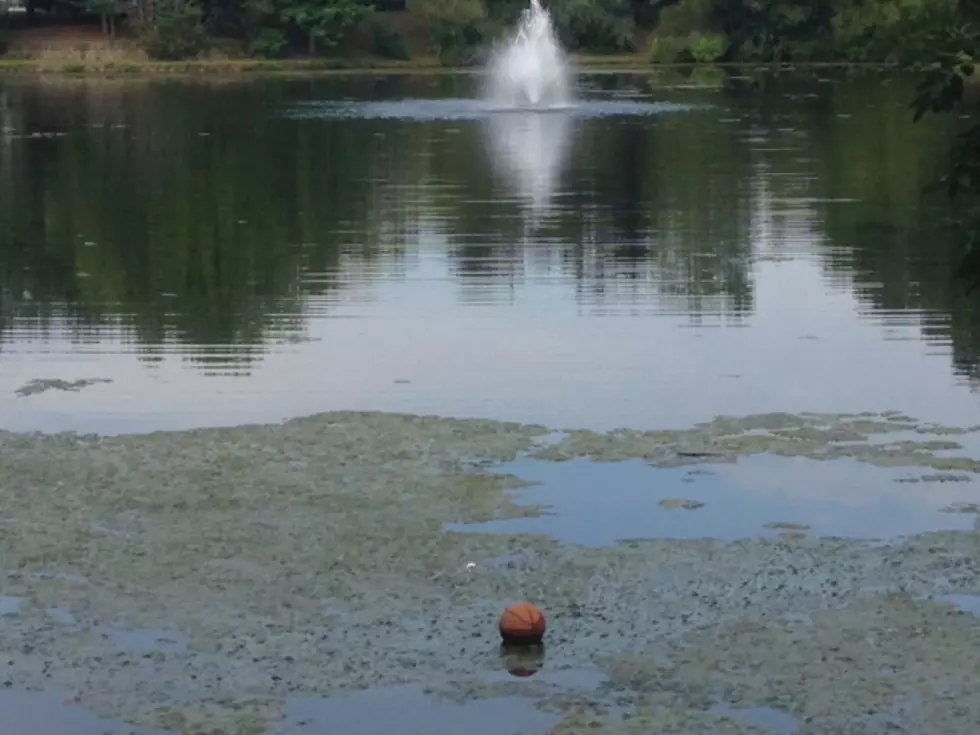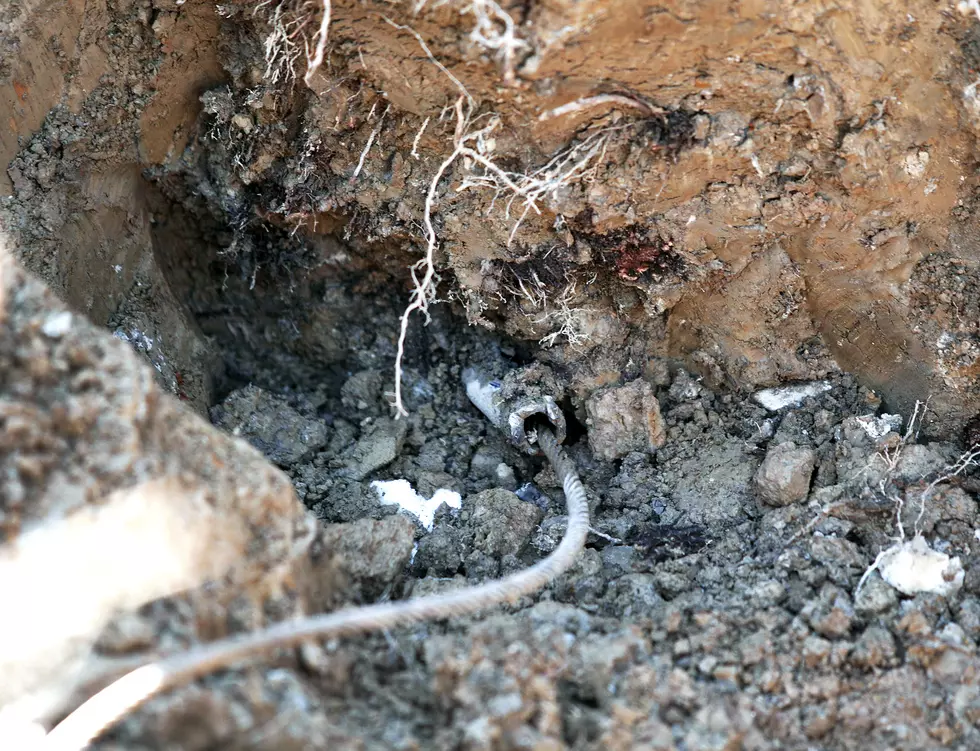
NJ waters still tainted by stubborn chemical
A chemical that's been used in the production of non-stick cookware, stain-proof fabric and waterproof clothing, has no business being in our water supply, but it's there, and there are currently no strict rules limiting its occurrence in drinking water.
Perfluorooctanoic acid, commonly referred to as PFOA, has been on health and environmental officials' minds since a lawsuit against DuPont more than 10 years ago shined a light on the potential health risks associated with the chemical.
PFOA and other perfluorinated chemicals, according to the New Jersey Department of Health, do not break down, and remain in the environment for a long time, and that's led to the discovery of PFOA in water, air, soil, house dust, wildlife and polar ice caps. It's even found in the blood of nearly every American.
And the problems persist even though use of PFOA, at the direction of the federal government, has been drastically reduced over time.
Research concerning PFOA's effects on human health is ongoing, but past data link the chemical to cancers, thyroid disease, cholesterol problems and other illnesses.
Driven by concern at the national and statewide level, the New Jersey Department of Environmental Protection in 2007 released a strictest-in-the-nation guidance level of 0.04 parts per billion - even stricter than the federal guidelines.
Since then, a dozen water systems in the state were found to have PFOA levels at or above the suggested level. In each case, steps have been taken to resolve the issue.
But environmental advocates want more. If they had their way, levels of PFOA would be undetectable in the state's water supplies.
"We don't want this stuff in our water," said Tracy Carluccio, deputy director of the Delaware Riverkeeper Network. "It doesn't belong there. The chemical companies put it there, and New Jersey needs to do something to get it out."
Lawrence Hajna, a DEP spokesman, said the department is currently working with New Jersey's Drinking Water Quality Institute to create a mandatory PFOA standard to replace the current voluntary guideline.
"We are reviewing the ever-evolving science on the potential health impacts of this chemical, as well as the treatment options that would be available, to ensure that water systems across the state are providing the highest quality of water possible," Hajna said.
Carluccio said the state has been "dragging its feet" on the issue; this latest effort began in the spring, and no updates have been offered yet.
Hajna and Carluccio agreed carbon filtration would be an effective method of removing PFOA and similar contaminants from the water supply.
More From New Jersey 101.5 FM









